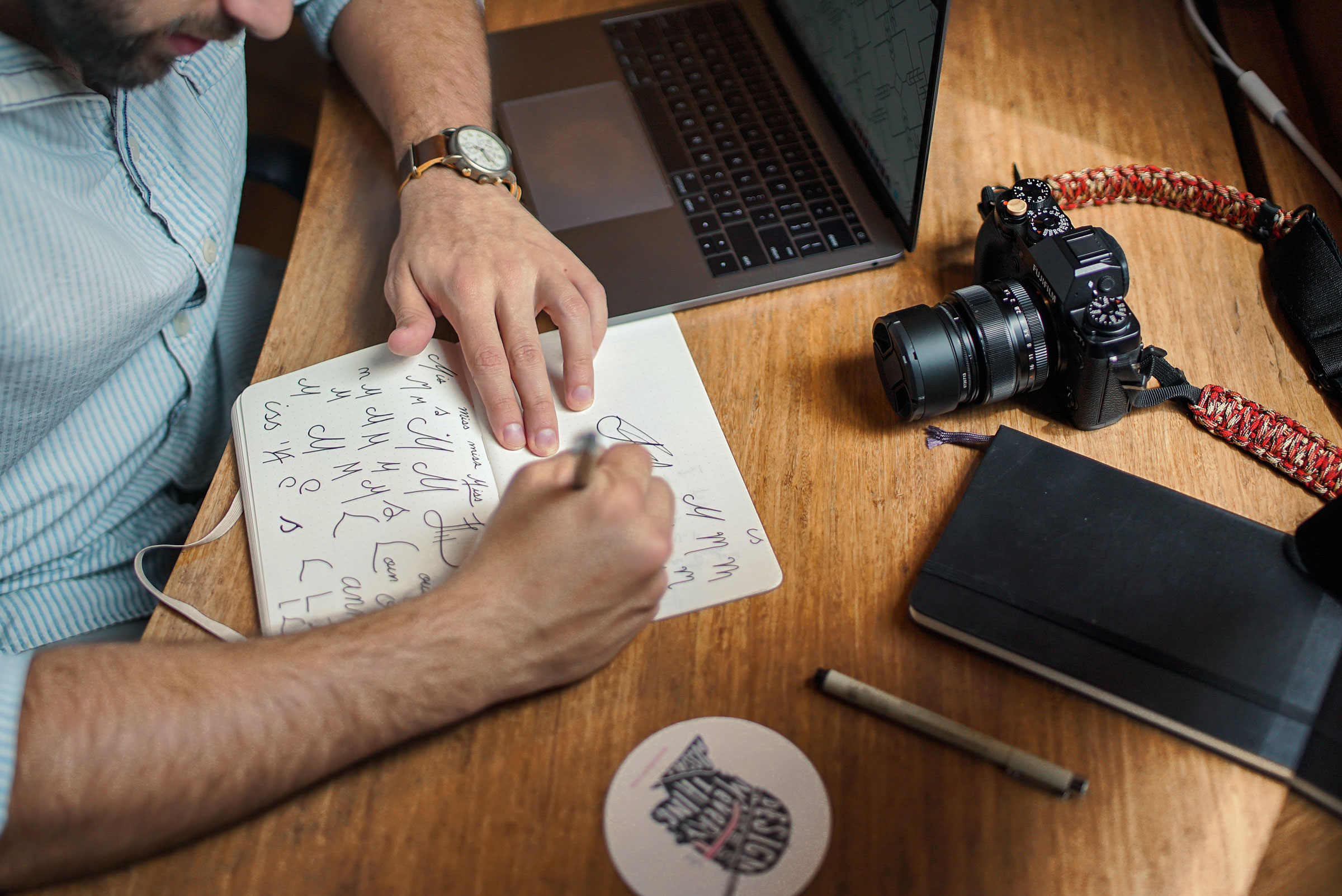We receive a lot of inquiries from prospective clients, inquiring about logo design services. Many seemed convinced that a new logo will somehow magically improve their marketing efforts, thus improving key business metrics. Are they misguided?
First, let’s address the elephant in the room. A logo is most definitely not a brand. It’s nothing more than a small piece of art, that when done well and paired with powerful imagery, messaging, and experiences, can serve as a quick visual way to recognize a given brand.
So do you need a new logo, or not? That’s where research comes in. To make an educated decision, we must assess your current brand equity and determine how your current logo is (or is not) serving your overall mission.So what exactly is brand equity? There’s more than meets the eye.

Brand equity refers to the intangible value that a brand holds in the market.
It reflects the perceptions, associations, and overall recognition that consumers have of your brand. There are several ways to gauge if you have brand equity:
Consumer Recognition and Awareness
If people easily recognize and recall your brand when they see your logo, name, or product, it’s a sign of brand equity. High brand awareness means your brand has made a mark in the minds of consumers.
Brand Loyalty
If customers consistently choose your brand over competitors and show a strong preference, you likely have brand equity. Repeat purchases and positive reviews are indicators of loyalty.
Perceived Quality
If consumers associate your brand with high-quality products or services, your brand equity is strong. This can be measured through customer reviews, ratings, and product/service evaluations.
Emotional Connection
Brands that evoke strong emotions and resonate with customers on a personal level often have higher brand equity. This connection can be seen in social media engagement, customer stories, and brand-related conversations.
Premium Pricing
If consumers are willing to pay a premium for your brand’s products or services compared to similar offerings from other brands, it suggests a strong brand equity.
Brand Associations
Positive associations with your brand, such as trustworthiness, innovation, or sustainability, indicate strong brand equity. These can be measured through surveys and market research.
Market Share
Brands with high equity tend to have a larger market share and are more resistant to market fluctuations. Your market share growth can indicate the strength of your brand.
Word of Mouth
If people recommend your brand to others without any incentives, it shows that they trust and value your brand. Word-of-mouth referrals are a powerful sign of brand equity.
Partnerships and Collaborations
Brands with equity often attract opportunities for partnerships and collaborations with other reputable brands.
Brand Extensions
Successful brand extensions (launching new products or services under the same brand name) can indicate that your brand equity is strong enough to carry over to new offerings.
To measure brand equity more quantitatively, we can use surveys, focus groups, and data analysis to gather insights about consumer perceptions, attitudes, and behaviors related to your brand. Keep in mind that brand equity is built over time through consistent branding, delivering on promises, and providing value to customers. It’s an ongoing process that requires attention to customer feedback and market trends.
Only when we have a clearer, more comprehensive picture of your overall brand equity, can we confidently determine if your organization stands to benefit from an updated logo design.
Contact us if you're interested in auditing and analyzing your current brand equity. The results might just surprise you!
CONTACT USRecent Insights
How to Know When to Update Your Visual Brand
While it's crucial to maintain a timeless and authentic visual identity that reflects your mission, integrating modern design elements can help your nonprofit appear fresh and relevant to both long-time supporters and new audiences.
28
Jun

28
Jun
How to Name (or Rename) a Brand
How do you choose a good brand name? And once you've come up with one, how do you know if it'll be successful? These questions sound daunting until you add them into the right context. So, to understand the nuances of naming a brand, let's start from the top.
15
Jan

15
Jan

